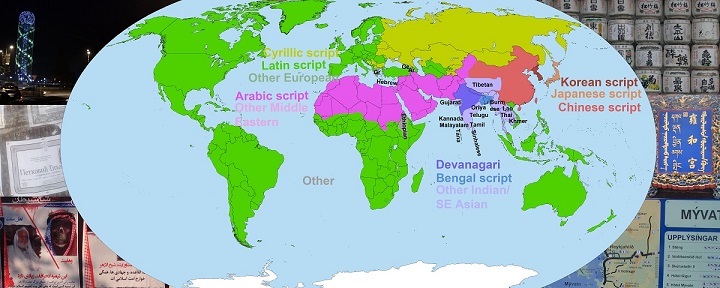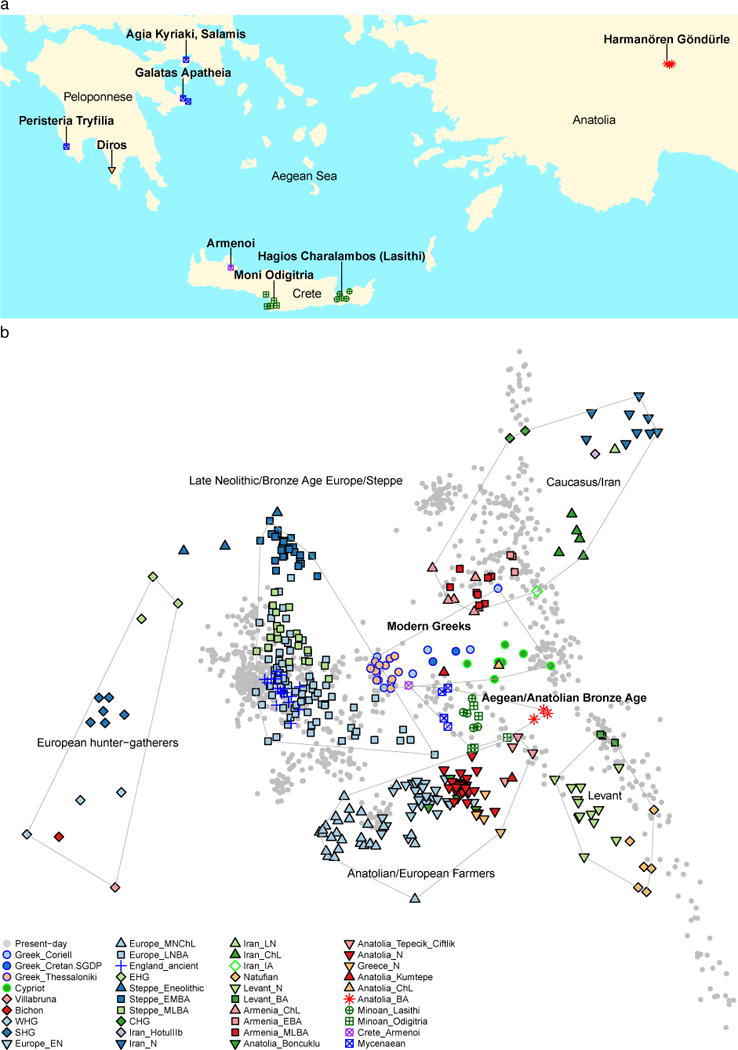This week on The Remnant podcast, Jonah Goldberg, whose wife works for Nikki Haley, expounded at length about her skill as a politician. His point, which is legitimate, is that Haley is well liked by the broad mass of Trump-supporting Republicans (if not elite pro-Trump idealogues), as well as Trump-skeptical conservatives.
I’ve known of Nikki Haley since 2004, a few years after Bobby Jindal came onto to the national scene. Both are conservative Indian American Republicans elected as governors in the South. But there are differences between the two. While Haley can arguably “pass” as white, Jindal cannot (both are of Punjabi ethnicity). But a bigger difference has been their attitude toward religion: Jindal has worn his Christian conversion and faith on his sleeve, while Haley has been much more low-key. Throughout her career, Haley has admitted that the Sikh gurdwara remains a part of her life, despite her conversion to Methodist Christianity. Could you imagine Jindal saying such a thing about a Hindu temple?
The above is a video clip of Haley during a 2014 visit to India, where she visited the Golden Temple with her husband. When asked about her conversion to Christianity, she avers the sincerity of her belief. But Haley also speaks in an ecumenical language and seems to express the view that her choice of religion was in keeping with her culture as an American. Her turn to Christianity was not a denial of Sikhism, which she seems to see as grounded in India.
I can’t look into Haley’s heart, and to be frank her religious faith is not my business. But, I think I can say many people of subcontinental background tend to view converts to American Christianity as opportunists or somehow lacking in cultural pride and internal strength. American evangelical Protestant acquaintances would often mock Hinduism in front of me, despite the fact that I have a Muslim name and have been an atheist since I was a small child. To convert to Christianity is perceived by some to be conceding the point of that mockery.
And yet above Haley seems to be interpreting her conversion to Christianity as an expression of her alignment with the Dharma of the land in which she grew up, the United States. You may agree or disagree with her, but her emotional expression above certainly does make it seem that she retains a deep fondness for her Sikh upbringing.


